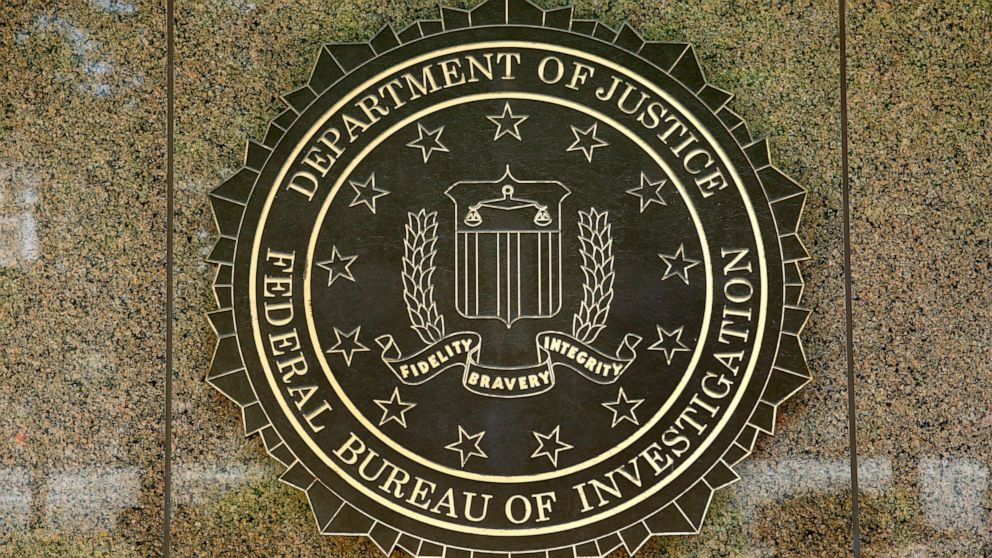Three major cyberattacks have occurred around holidays.
Ahead of the Thanksgiving holiday, the Cybersecurity and Infrastructure Security Agency and the FBI are urging vigilance to ward off ransomware attacks, asking companies to implement multi-factor authentication and employees not to click on suspicious emails.
“While we are not currently aware of a specific threat, we know that threat actors don’t take holidays,” said CISA Director Jen Easterly in a statement. “We will continue to provide timely and actionable information to help our industry and government partners stay secure and resilient during the holiday season. We urge all organizations to remain vigilant and report any cyber incidents to CISA or FBI.”
“Specifically, malicious cyber actors have often taken advantage of holidays and weekends to disrupt critical networks and systems belonging to organizations, businesses, and critical infrastructure,” the statement continues.
Colonial Pipeline, which is responsible for gas lines that run through the country, was targeted with a ransomware attack over Mother’s Day weekend. JBS meat supplier became a victim of a ransomware attack over Memorial Day weekend. Kaseya, an IT company that provides services to businesses, was hit with a ransomware attack over the Fourth of July weekend.
On Thursday, Gen. Paul Nakasone, commander of U.S. Cyber Command and director of the National Security Agency, told ABC News’ Chief Justice Correspondent Pierre Thomas that he first believed ransomware was a criminal matter outside the NSA’s purview, but after the influx of ransomware attacks, he came to believe it was a matter of national security.
After the Colonial Pipeline attack, Nakasone pushed his agency to “lean in” to the ransomware problem.
“This is an issue that we need to put the command and the agency towards,” Nakasone said. “We need to surge on this issue. What do we need to do to make sure that we can assist in any way possible?”
The Department of Homeland Security said ransomware attacks have increased 300% from 2019 to 2020.
“Why is the National Security Agency and U.S. Cyber command focused on this?” Nakasone said. “Because it’s a national security issue, and we’re going to put our best people forward to make sure that we address it.”
